
DISCOVER #1: POSSIBILITY
-
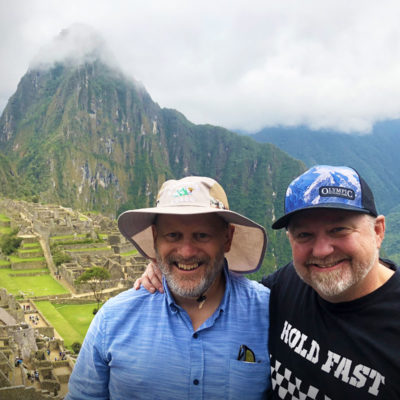 Discover: Home
Discover: Home
-
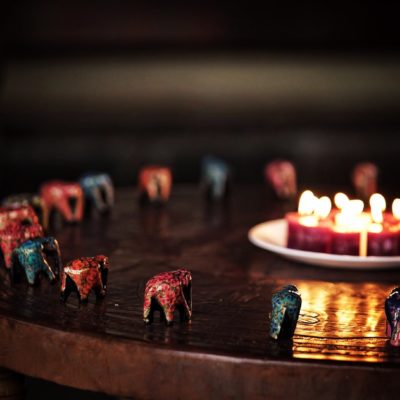 Discover: Resources
Discover: Resources
-
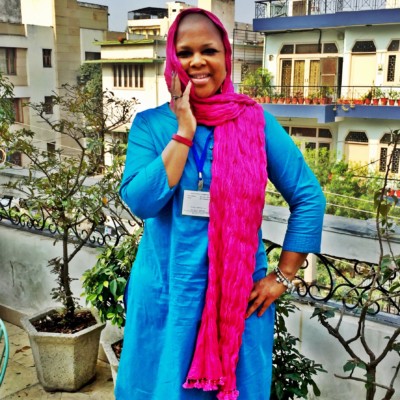 Theme 1: Possibility
Theme 1: Possibility
-
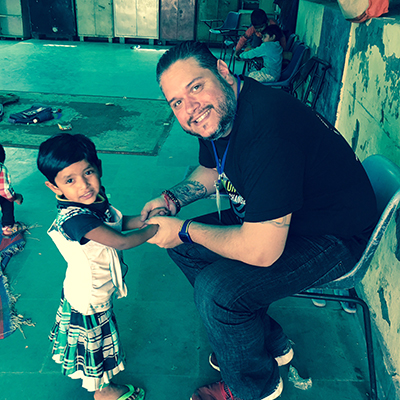 Theme 2: Intention
Theme 2: Intention
-
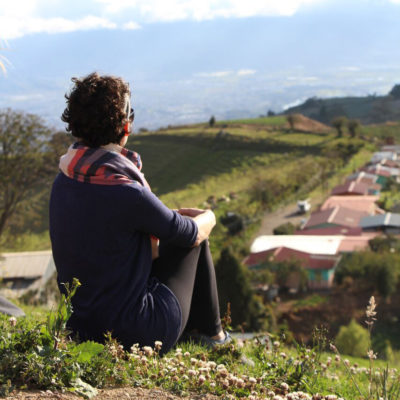 Theme 3: Vulnerability
Theme 3: Vulnerability
-
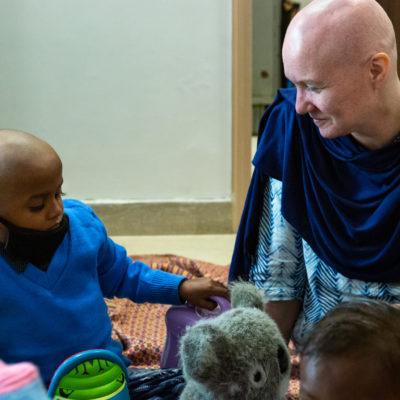 Theme 4: Perspective
Theme 4: Perspective
 Watch
The Opportunity of Adversity
Read More
Watch
The Opportunity of Adversity
Read More
Featured Ted Talk
Aimee Mullins was born without fibular bones and had both of her legs amputated below the knee when she was an infant. She learned to walk on prosthetics, then to run — competing at the national and international level as a champion sprinter, and setting world records at the 1996 Paralympics in Atlanta. At Georgetown, where she double-majored in history and diplomacy, she became the first double amputee to compete in NCAA Division 1 track and field.
Watch her powerful TED Talk Here: Aimee Mullins – The Opportunity Of Adversity
 Podcasts
Read More
Podcasts
Read More
PodCASTS
- Ted Radio Hour.
- Adaption: Humans adapt to physical and creative challenges in remarkable ways. How do we do it, and what happens when we can’t? In this episode, TED speakers share inspiring stories about our capacity to adapt.
- Moving Forward: When the life you’ve built slips out of your grasp, you’re often told it’s best to move on. But is that true? Instead of forgetting the past, TED speakers describe how we can move forward with it.
- Super Soul Sunday
- India Arie on Life After Rock Bottom: In a live appearance at UCLA’s Royce Hall, Grammy Award-winning singer and songwriter India.Arie reveals the five most important lessons she learned after she hit rock bottom. India.Arie uses what she calls “songversation” to beautifully describe her journey from breakdown to breakthrough. “Songversation is not a concert,” she explains. “It’s not a lecture. It’s not a performance, even. Songversation is a practice that is part meditation, part prayer, part fellowship and part action.” At the height of her fame, India.Arie says she snapped under the unrelenting pressure of the music business. At age 35, she made the bold decision to take a hiatus, rethink her life and start over.
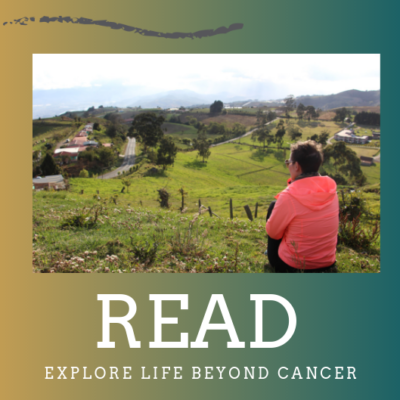 Books, Blog Posts, Articles
Read More
Books, Blog Posts, Articles
Read More
BOOKS:
- Upside: The New Science of Post-Traumatic Growth by Jim Rendon
- Option B: Facing Adversity, Building Resilience, & Finding Joy by Sheryl Sandberg
- Then Anatomy of Hope: How People Prevail in the Face of Illness by Jerome Groopman
- Man’s Search for Meaning by Viktor Frankl
ARTICLES & AFC BLOG POSTS
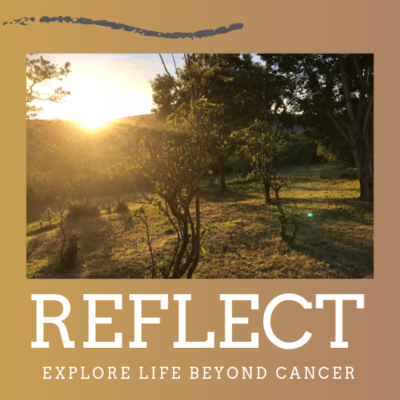 Write Or Create
Read More
Write Or Create
Read More
Reflection Prompts
There is no right way to tackle the reflection prompts below. You can answer any, all or none of the questions. You can either write the answers in a more traditional journaling format (either in a physical journal or an online journal) or you could explore the creative process of art journaling. Or, sit down with someone in your life and ask these questions of each other. Whatever reflection mode you choose, you are welcome to answer any, all or none of the questions. This is simply an opportunity to carve out some time to reflect and see what emerges.
Theme 1: Transforming Adversity Into Possibility
- What has been the biggest impact of the adversity of cancer in your life? | Draw or create a symbol to express something that has been the biggest impact.
- Has the adversity of cancer made you more resilient? If so, how? | Pick a color that represents this adversity and play with doodling shapes and designs to show this adversity in your life.
- What skills do you have now that you didn’t have before cancer came into your life? | Think of yourself as an animal/superhero/etc.-how are you different than you were before? Express this through drawing, modeling clay, etc.
- What are you less afraid of now that you’ve experienced the fear of cancer – either as a patient or a caregiver? | Print out, create or cut out images from mail/magazines etc. to symbolize what you are less afraid of.
- What risks might you be willing to take now that you’ve realized how resilient you really are? | Express these risks using colors, shapes and symbols.
Please note: The content of the A Fresh Chapter Odyssey Program is not intended to be a substitute for professional advice, diagnosis, or mental health treatment. If any of our content brings up feelings that are difficult to process, we encourage you to seek the advice of a mental health professional or another qualified health provider.
Discover Series Theme #1: What Meaning Do You Want To Create From Your Story?

Adversity is like a strong wind. It tears away from us all but the things that cannot be torn, so that we see ourselves for who we really are. ~ Arthur Golden
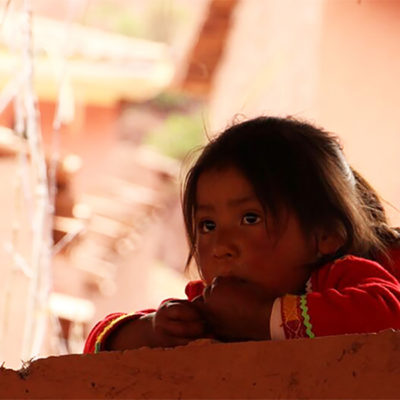 Can awful circumstances open a doorway to new possibilities and renewed purpose in our lives? Over the last few years, I’ve often asked myself this question. This is not to oversimplify the devastation of cancer – either as a patient or a caregiver – with clichés like “cancer is a gift” or “everything happens for a reason.” Instead, this week, we explore the idea of post-traumatic growth and the question of whether adversity can prepare us to step into the future with newfound skills and resilience.
Can awful circumstances open a doorway to new possibilities and renewed purpose in our lives? Over the last few years, I’ve often asked myself this question. This is not to oversimplify the devastation of cancer – either as a patient or a caregiver – with clichés like “cancer is a gift” or “everything happens for a reason.” Instead, this week, we explore the idea of post-traumatic growth and the question of whether adversity can prepare us to step into the future with newfound skills and resilience.
In a recent article in TIME Magazine written by Jim Rendon, the author of Upside: The Science of Post-Traumatic Growth, he says, “In the 1980s two psychologists, Richard Tedeschi and Lawrence Calhoun, at the University of North Carolina, Charlotte, discovered that trauma was changing people in fundamental ways. Some of those changes were negative, but to their surprise, the majority of trauma survivors they interviewed reported that their lives had changed for the better. Survivors, of all kinds, said they had much greater inner strength, were closer to friends and family members, had found more meaning in their lives and were reorienting their lives towards more fulfilling goals.”
Post-traumatic growth (PTG) or benefit finding refers to positive psychological change experienced as a result of adversity and other challenges in order to rise to a higher level of functioning. Post-traumatic growth is not about returning to the same life as it was previously experienced before a period of traumatic suffering; but rather it is about undergoing significant ‘life-changing’ psychological shifts in thinking and relating to the world, that contributes to a personal process of change, that is deeply meaningful. It is often characterized by decreased reactivity and faster recovery in response to similar stressors in the future.
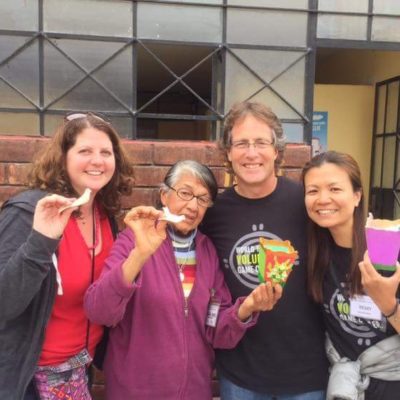 I wonder if when we have already experienced “the worst,” we become more open to making positive changes in our lives – whether this includes walking away from relationships or situations that no longer serve us or becoming more open to exploring what makes us feel happy and purposeful.
I wonder if when we have already experienced “the worst,” we become more open to making positive changes in our lives – whether this includes walking away from relationships or situations that no longer serve us or becoming more open to exploring what makes us feel happy and purposeful.
Throughout the evolution of A Fresh Chapter, we have come to see how an opportunity to step out of our stories of cancer through volunteer travel experiences can offer a fresh dose of perspective. We see how new meaning and purpose – and a chance to see that struggle is universal – can help accelerate the process of post-traumatic growth.
This week is about exploring how adversity has impacted you. Can you see patterns emerging in your life where you have changed for the better because of cancer? Have you developed new skills or a higher degree of emotional awareness? Could you apply this growth to a current challenge in your life and employ your new skills to bring about positive changes?
“We are most of us not merely liable to fear, we are also prone to being afraid of being afraid and the conquering of fear produces exhilaration….The contrast between the previous apprehension and the present relief and feeling of security promotes a self-confidence that is the very mother and father of courage.” ~ excerpt from David and Goliath.
Activity
Schedule 30 minutes of reflection time this week – it could be early in the morning or at the end of the day. It could be over your lunch hour at a favorite café or at your breakfast table with a steaming cup of coffee. Regardless of where you choose to carve out some space for yourself, give yourself permission to put your to-do list on hold and spend some time checking out this week’s resources and, in particular, click on the REFLECT image above to engage with this week’s reflection prompts.
Alumni Spotlight. Rachel Lozano: Between “possibility” and “probability”

For much of my life, the gap between “possibility” and “probability” has felt insurmountable.
At 15, my body was shutting down by the hour. Doctors discovered an egg-sized tumor that was strangling the top of my spinal cord and rushed into action with an emergency surgery. For the first of many times to come, I escaped death. Post-surgery, with cancer still lingering throughout my back, I was given a 40% chance of survival and endured a year-long stint of intensive chemotherapy and radiation.
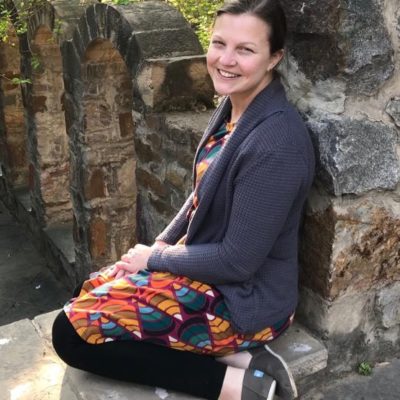 At 18, they found cancer in my bone marrow. This time, the odds of survival were reduced to 10%. I slogged through a life-threatening bone marrow transplant and once again, sidestepped death.
At 18, they found cancer in my bone marrow. This time, the odds of survival were reduced to 10%. I slogged through a life-threatening bone marrow transplant and once again, sidestepped death.
At 19, cancer struck again—a tumor between my heart, lung and spine. Maxed out on chemotherapy and radiation, I was given a 0% chance of survival and just weeks to live.
Facing death and life
Most wonder what they would do if death came knocking. Oddly, I have a pretty good sense of that. Rather than anxiously working through an extravagant bucket list, I focused my time on friends and family; additionally, I took up writing and artwork, aiming to create memories that could outlive me. Thankfully, I prepared for a death that never came. In what has been widely described as a medical miracle, with very minimal palliative treatment, the tumor stopped growing.

